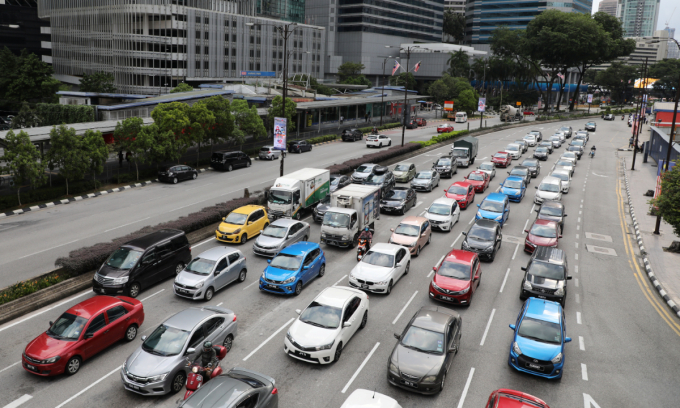The Malaysian government is taking significant steps to promote the use of electric vehicles (EVs) as part of its National Energy Transition Roadmap (NETR). The plan aims for EVs to make up 15% of all vehicle sales by 2030, with an ambitious target of reaching 80% by 2050.
To support this transition, the current import duty and excise duty exemption for fully-imported (CBU) EVs has been extended until December 31, 2025. Additionally, EV owners will continue to benefit from road tax exemptions until the end of the next year. From 2026 onwards, a reduced tax rate, based on the power output of the EV, will be implemented. According to Transport Minister Anthony Loke, this new rate is significantly lower, being 85% less compared to petrol-powered vehicles.
The government is also encouraging the expansion of the EV charging network in Malaysia. Individuals can now claim a yearly income tax relief of 2,500 MYR (approximately US$530) until 2027 for expenses related to the installation, rental, and purchase of EV charging equipment or subscription fees.

Traffic in Kuala Lumpur, Malaysia.
In an effort to promote the adoption of electric motorcycles, the government is offering a tax return of up to 2,400 MYR for individuals. However, this incentive is currently only available for the 2024 assessment year and is limited to individuals with an annual income of 120,000 MYR or less.
Businesses investing in the assembly or manufacturing of energy-efficient vehicles (EEVs), including hybrids and electric vehicles, as well as their components, can benefit from substantial tax incentives. These companies are eligible for an income tax exemption of 70% or 100% on statutory income for a period of five to ten years.
Furthermore, companies involved in green technology services related to EVs, such as the installation, maintenance, and repair of EV charging equipment and infrastructure, can receive a 70% tax exemption for three years from the start of their operations.
These initiatives reflect Malaysia’s commitment to fostering a sustainable and environmentally friendly transportation sector, positioning the country as a leader in the adoption of green technology in the region.



